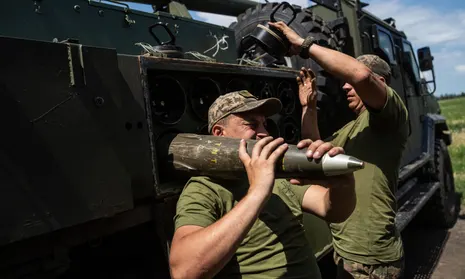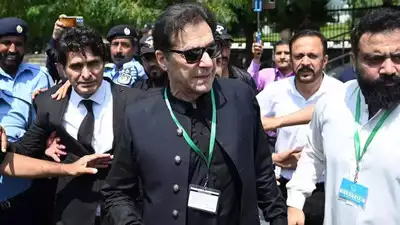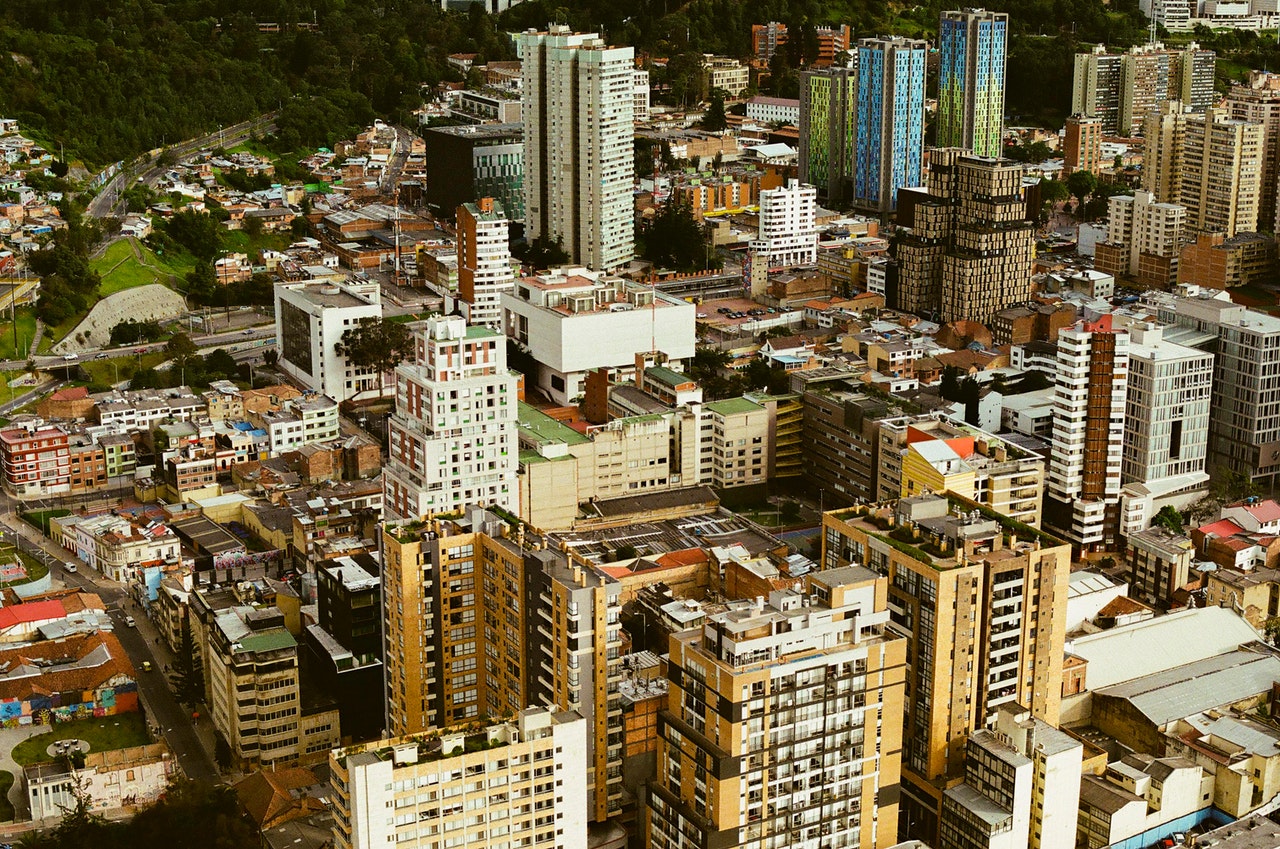Latvia’s longtime foreign minister, renowned for his firm stance on Russia and strong support for Ukraine, is inaugurated as the country’s president for a four-year term.
Edgars Rinkevics, who served as Latvia’s top diplomat since 2011, took the oath of office during a special parliamentary session in Riga, succeeding Egils Levits.

As Latvia’s president, Rinkevics holds a mostly ceremonial role, acting as an influential opinion leader and a unifying figure in a country where a significant portion of the population speaks Russian.
The president represents Latvia internationally, serves as the supreme commander of the armed forces, approves bills into law, nominates the prime minister, and has the authority to dissolve the parliament, among other responsibilities.
President Volodymyr Zelenskyy of Ukraine, during his visit to Istanbul, accompanied five commanders of Ukraine’s former Mariupol garrison, who were living in Turkey due to a prisoner exchange last year, as they returned to Ukraine.
Zelenskyy shared a video of the commanders being greeted and embraced by himself and other officials before boarding a Czech airplane. The reason for their return was not immediately explained, and there was no immediate comment from Russia and Turkey.
President Volodymyr Zelenskyy expressed gratitude to Bartholomew I, the leader of Eastern Orthodox Christians, for providing spiritual support to Ukraine and its people, along with prayers for peace during a visit to Istanbul. He participated in a memorial prayer at St George cathedral for the victims of the war in Ukraine.
Canada joins other US allies in opposing the decision by Washington to supply cluster munitions to Ukraine for its counteroffensive against Russian occupying forces, reaffirming its commitment to the Oslo agreement that prohibits the use of such weapons.
The Canadian government, led by Prime Minister Justin Trudeau, is one of Ukraine’s most vocal supporters and has provided substantial financial, military, humanitarian, and other aid since last year.
Germany, Spain, and the UK have also expressed their opposition to the transfer of these widely banned bombs.
In the western city of Lviv, Ukrainians gather to mourn the loss of a mother and daughter who were killed in a Russian missile attack on a residential apartment building. The attack, which claimed the lives of 10 people, was one of the largest in the city situated about 70 kilometers (43 miles) away from the NATO and EU border, which has generally remained peaceful.






